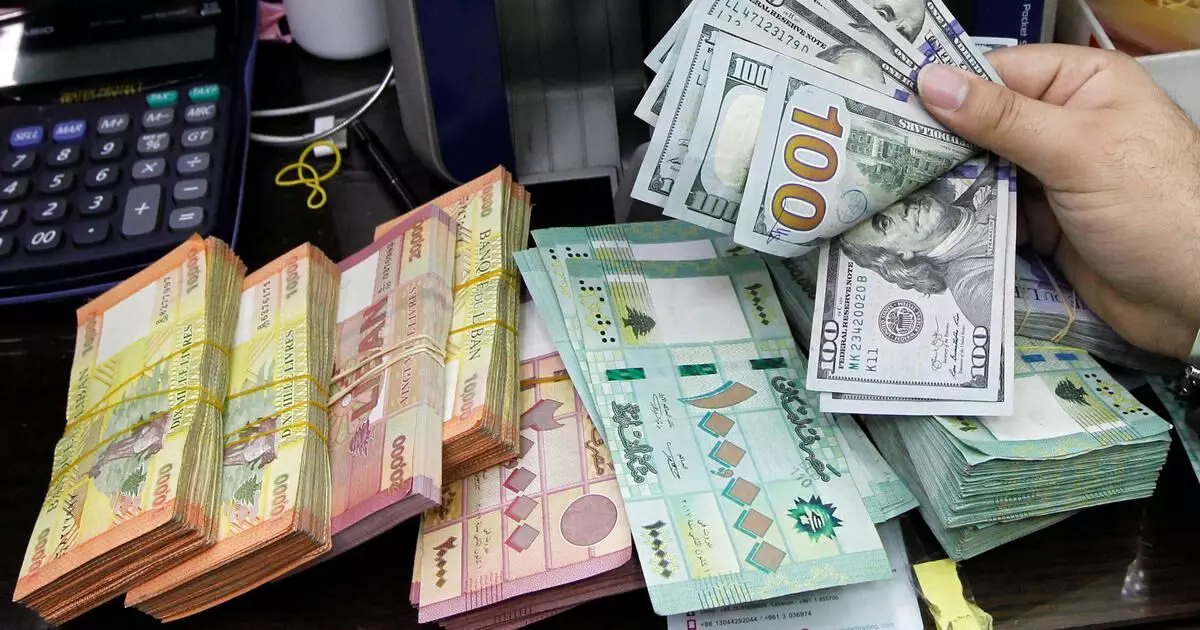
Behind the FCRA amendment move – to curb foreign contributions
text_fieldsImage for representation only
Using its brute majority and disregarding vociferous protests by the Opposition - even rejecting the demand for referring it to parliament Standing committee - the Modi government has pushed through the FCRA (Foreign Contribution Regulation Act) Amendment Bill 2020, in the Lok Sabha. This represents another step in Modi government's second term forming part of implementing the Sangh parivar agenda , one after another. For the new legislation virtually bans or brings under ever tightening conditions, the window for minority charities and institutions to legally receive funds from abroad for their variety of service activities. One of the key provisions of the new amendment is that recipients of foreign contribution should have an account with State Bank of India in one of its branches in Delhi, which is clearly a measure to make it difficult for institutions in states far south or in north eastern region to fulfil the requirement. This intent of the bill can easily be gleaned from the fact it is in these two regions where religious minorities' organisations function in effectively and systematically. There is also the stipulation that office bearers of the organisations applying for registration should have Aadhaar, even as a Supreme Court verdict barring making Aadhaar compulsory, stands.
The amendment empowers the government to bar the recipient entities from using funds on receipt of complaints regarding the utilisation of funds, as opposed to the current clause by which the government can do so only on the complaint being proven. This opens the door for say, banning receipt of funds by the government on receipt of any sangh parivar individual or outfit's flimsy complaint about how a Muslim or Christian body uses its funds. Further, as per the current rules, a body registered under FCRA can transfer its lawfully received funds to another FRCA-registered organisation. But the new amendment prohibits that too, i.e. only the entities who received the funds directly from abroad are allowed to expend it. Violation of any of the rules can result in suspension of the registration for upto 360 days. But the mother of all spurious amendments that lets the cat out of the sangh parivar bag is: registration of an organisation will be renewed only if it is established through a government enquiry that the body has not been prosecuted or convicted for creating communal tension or indulging in activities aimed at religious conversion and has not been found guilty of diversion of misutilisation of funds – provisions lending enough room for executive arbitrariness.
Even the FCRA in its form without these amendments, is unduly stringent; and obtaining registration usually turns out to be almost a mirage for most philanthropic outfits. The FCRA registration is a licence issued by the central government subject to stringent conditions to voluntary organisations including foreign governments and charity organisations, established as efficient and responsible, not banned by the United Nations. Thousands of organisations have in the past lost their registration or were unable to renew their licence on charges of irregularities in activities. This, among others, has disabled constructive endeavours in educationally backward areas and communities. Given that in reality they fill a void created by inadequacies in the state's performance in the educational area, the move amounts to a dog in the manger policy. The government has to either undertake such services to the population without receiving any foreign contribution, or allow voluntary institutions and organisations who function legally and peacefully to receive foreign contribution through legal channels and under transparent conditions, based on their past record. It can very well achieve this reasonable goal within the jurisdiction of the existing FCRA itself. But the core of the government move lies elsewhere: the driving force of the government, the sangh parivar, has been making a campaign that it is the religious minority organisations who create communal tension in the country and pose a threat to national security. They, and the media that support that school, allege that such bodies brings boundless foreign money and get religious conversions of the poor among majority community.
A few decades ago, when Dalits of Meenakshipuram in Tamil Nadu openly converted to Islam, they were not persuaded by lure of money from within India or abroad, but as a reaction to the neglect and insult suffered at the hands of upper castes. It is precisely for this reason that despite Vishwa Hindu Parishad (VHP) spending crores to get them 'purified' through 'shuddhi' process, the move could not catch on. Although conversions to Muslim and Christian religions have been drastically curtailed through a slew of retaliatory actions of governments and Hindutva outfits, mass conversion to Buddhism is still ongoing. The failing of the Hindutva government lies in refusing to accept that the real solution to their problems lies in implementation of the principles of humanity and social justice envisioned in the Constitution, without invoking sham reasons to further their cause. The new FCRA amendments also reflect part of this failing.





